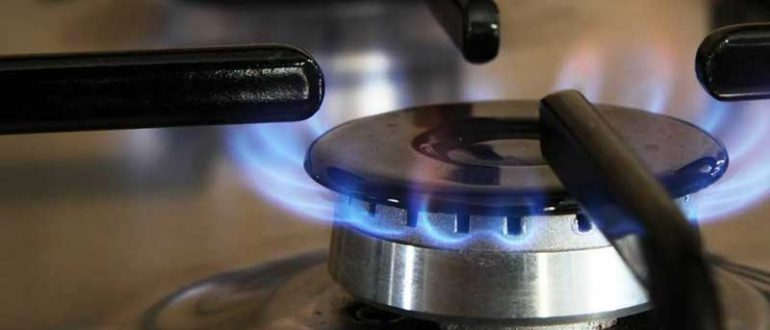Natural gas is a common energy source used in homes and businesses in Australia. While it provides an efficient means of heating, cooking, and powering appliances, it’s important to understand the potential dangers associated with gas leaks. A natural gas leak is a serious hazard that can lead to health risks, fires, and explosions. Given the extensive use of natural gas across the country, understanding the risks and safety measures associated with gas leaks is crucial for all Australians. By raising awareness about the potential hazards and the importance of regular maintenance and professional gas leak detection services, we hope to enhance the safety of Australian households and businesses. Whether you are a homeowner or a business operator, being informed about natural gas safety can help you protect your loved ones, employees, and property from the catastrophic consequences of gas leaks. Stay informed, stay safe, and ensure your gas systems are in good working order.
- Understanding Natural Gas
- Dangers of Natural Gas Leaks
- Detecting Gas Leaks
- Preventing Gas Leaks
- Emergency Actions During a Gas Leak
Understanding Natural Gas
Composition of Natural Gas
Natural gas is primarily composed of methane, a colorless and odorless gas. To aid in leak detection, an odorant called mercaptan is added, giving it a distinct rotten egg smell. This composition makes natural gas highly flammable, which is why leaks can be so dangerous.
Common Uses of Natural Gas
Natural gas is utilized in various applications, including heating homes, cooking, water heating, and powering certain vehicles. Its efficiency and relative affordability make it a popular choice for many houses and industries.
Dangers of Natural Gas Leaks
Health Risks
Exposure to a natural gas leak can lead to serious health issues. Inhalation of gas can cause headaches, dizziness, nausea, and in severe cases, asphyxiation.
Can you die from a gas leak in the home?
Yes, prolonged exposure to high levels of natural gas can be fatal.
Explosion Risk
Natural gas is highly flammable, and a leak can create an explosive environment if it comes into contact with an ignition source. This makes gas leaks particularly dangerous in enclosed spaces where gas can accumulate.
Detecting Gas Leaks
Signs of a Gas Leak
Recognizing the signs of a gas leak is essential for safety. Common indicators include a strong rotten egg smell, hissing or whistling sounds near gas lines, and visible damage to gas appliances or pipes. Dead or dying vegetation around a gas line can also indicate a leak.
Professional Detection Services
Gas leak detection services utilize advanced technology to identify and locate leaks. These services often use specialized equipment like gas detectors and infrared cameras to pinpoint leaks accurately, ensuring quick and effective repairs.
Preventing Gas Leaks
Safety Measures at Home
There are several steps you can take to prevent gas leaks at home. These include ensuring proper installation of gas appliances, using gas detectors, and routinely checking gas lines for damage or wear. Educating household members about gas safety is also crucial.
Regular Maintenance Tips
Regular maintenance of gas appliances and systems is key to preventing leaks. Schedule annual inspections by a qualified technician, replace old or damaged gas lines, and ensure that all gas connections are secure and free of corrosion.
Emergency Actions During a Gas Leak
If you suspect a gas leak, take immediate action to ensure safety. Evacuate the area, avoid using electrical devices, and contact your gas provider or emergency services. Do not attempt to locate the leak yourself, as this can be extremely dangerous.
The risks associated with natural gas leaks are significant, affecting health and safety. By understanding these risks, recognizing the signs of a leak, and taking proactive measures to prevent and address leaks, you can protect yourself and your loved ones from the dangers of natural gas. Always prioritize safety and seek professional help when dealing with gas-related issues.

